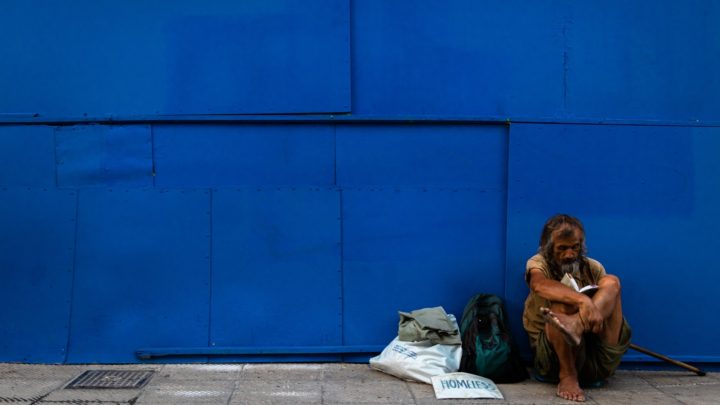A fringe economic theory which proposes a minimum income guarantee for the society is finally becoming a mainstream discussion due to the COVID crisis. The idea of long-term economic support to low-income groups in times of uncertainty otherwise referred to as the Universal Basic Income (UBI) has gained rapid popularity & support in this global pandemic of COVID-19. For a start, UBI provides for a basic minimum allowance to everyone in the society (hence, universal) regardless of the circumstances or income. These benefits are especially needed
The main advantage is that ensures a minimum standard of income for everyone – without any costs and bureaucracy of means-tested benefits. Also, it avoids the disincentive to work that can occur with means-tested benefits. In times of crisis, a UBI can also provide a social safety net with minimum admin costs.
Universal Basic Income — Pros and Cons
A recent Gallup and Northeastern University survey found resonance for the UBI amongst 75% Canadians and 77% in the UK for workers who lose their jobs owing to AI advancements in the field. Sadly only 43% in the United States supported the call for a “government-instituted program that would provide every adult with a specific amount of money each year” despite Democratic Presidential candidate Andrew Yang advocating a UBI plan during his campaign run. AI’s imminent threat to livelihoods and the inevitable rise in class inequality isn’t out of question in the future, however, millions have been left unemployed today due to the ongoing COVID-19 pandemic, and more would follow as long as establishments remain under strict lockdown policy. Canada’s economy lost more than a million jobs in March alone, pushing the unemployment rate to a whopping 7.8% from 5.6% in February. According to Statistics Canada, 19.2 million Canadians had paid work in February before the coronavirus hit Canada with full force. A month later, barely 18 million still had jobs. The Federal government launched the Canada Emergency Response Benefit (CERB) to help businesses and workers who have been affected by the COVID-19 outbreak — $2,000 a month for up to four months for workers who lose their income as a result of the COVID-19 pandemic.
Continue reading…The CERB would cover Canadians who have lost their job, are sick, quarantined, or taking care of someone who is sick with COVID-19, as well as working parents who must stay home without pay to care for children who are sick or at home because of school and daycare closures. The CERB would apply to wage earners, as well as contract workers and self-employed individuals who would not otherwise be eligible for Employment Insurance (EI).
Government introduces Canada Emergency Response Benefit to help workers and businesses


